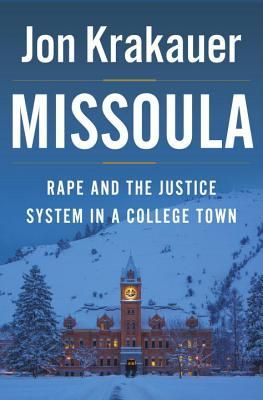
Reviews
Jeannette Ordas@kickpleat
Liz B@lizbayer
Carol Bailey@cab
Janice Hopper@archergal
Maggie Gordon@maggieg
Jordan /@jordanesperlak
Carol Bailey@cab
Paulina @kotkulturowa
Sameer Vasta@vasta
Andrew Molina@momoprobs
Bryan Alexander@bryanalexander
Anna Oeltjenbruns@annaoel
Kasey Colligan @kasey_reads
Andrew Reeves@awreeves
Martha F.@marthaq
Amy@amywhoisawesome
Carter Rabasa@crtr0
Megan During@megs22
Lisa@frowzled
Lamia Hajani@lamafoyomama
alex @tomatosoup
Blake Hord@blakehord
Tessa@tcopes
Danielle E@emerybored